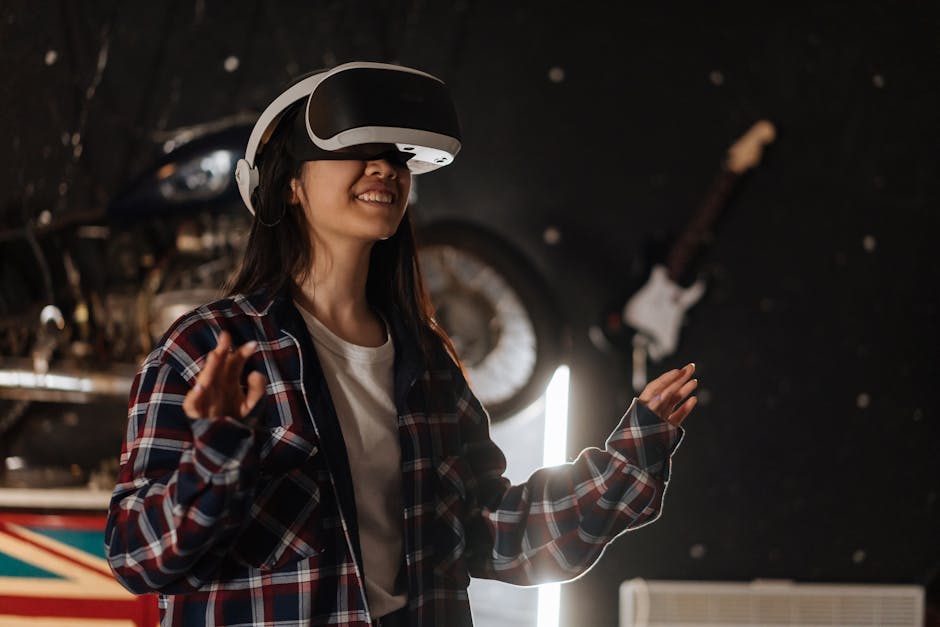
Exploring the Power of Perception: Truth or Trickery
Perception is a perplexing concept that has intrigued philosophers, scientists, and artists for centuries. It is the foundation of our understanding of the world around us, shaping our beliefs, judgments, and interpretations. But is perception a reliable window to truth, or is it merely a crafty trickster?
Our senses—sight, hearing, touch, taste, and smell—play a key role in how we perceive and make sense of our environment. They act as filters, receiving external stimuli and transforming them into neural signals that our brains can comprehend. But what happens when these senses deceive us?
Illusions, for example, are testaments to the power of perception to trick us. Remember those mind-boggling optical illusions that make static images appear to move or bend? They show us that our visual system can be easily manipulated, leading us to question whether what we see is actually real.
Moreover, perception is subjective. It is influenced by our individual experiences, expectations, and biases. One person's perception of the same event may differ from another's, as our brains interpret information based on our unique mental frameworks. This subjectivity adds another layer of complexity to the question of whether perception reveals truth or constructs it.
Nevertheless, perception is a crucial tool for survival. It helps us navigate the world, avoid danger, and make informed decisions. Our perception of risks, for example, influences our behavior and choices. Therefore, despite its fallibility, perception serves a vital purpose in our everyday lives.
To truly understand the power of perception and whether it can be relied upon to reveal truth, one must delve into the realms of psychology, neuroscience, and philosophy. By exploring these disciplines, we can begin to unravel the intricacies of perception and gain insights into how our minds construct reality.
